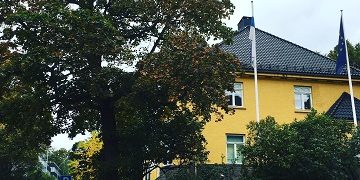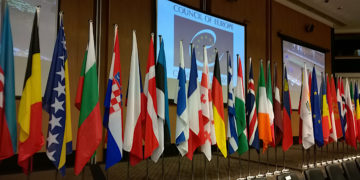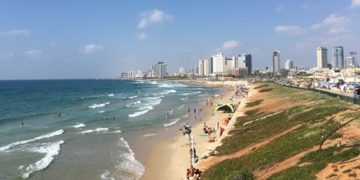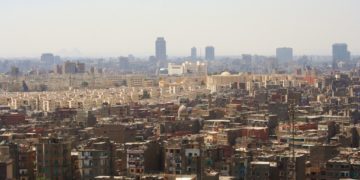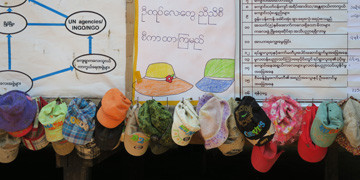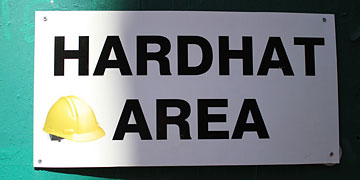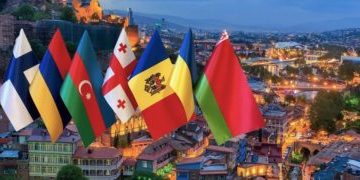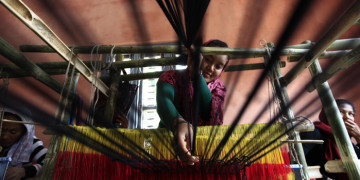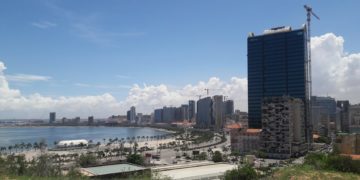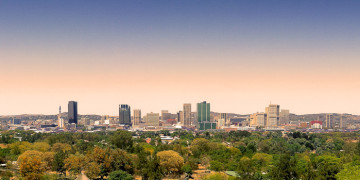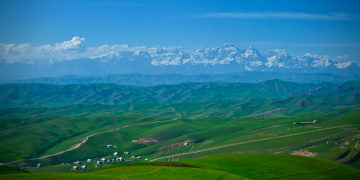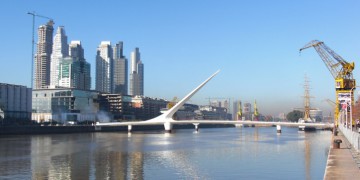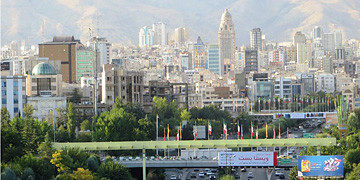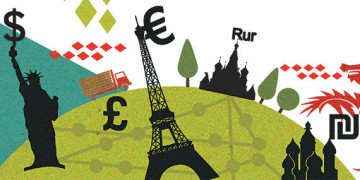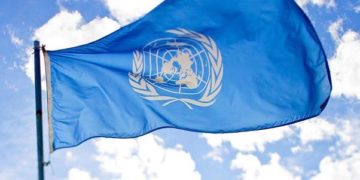Empowering Communities
One basic principle behind Finnish development cooperation is empowerment of the people to be in-charge of their own development. Therefore, it is quite natural that Finland supports through Finn Church Aid a commune empowerment project in Cambodia run by Life with Dignity – organization.
I visited the Amlieng commune on May 23rd to listen their concerns and ideas regarding development and land issues.
For me the message was loud and clear – if people can have food security (basically meaning productive land), basic living standards (practically decent shelter and clean water), and electric power they are already empowered to look and plan for additional income sources. Taking benefit of these potential opportunities then demands usually some training (capacity building in developmental language) and access to finance at minimum.
The project in Amlieng concentrates to the full circle of empowerment. However, special emphasis is paid on capacity building for the village communities that they can be in control of their own development programmes.
I sat down with couple of village committees, which explained the work they have been doing for the development of the village. One village had built a water pipeline from mountain to provide clean water, another had well operating village bank providing microfinance to people with ideas for improvement of their own livelihoods.
This approach trusts to the human nature of continuous thirst for better life for yourself and your family. At the same time it looks to provide food for the constant hunger towards more knowledge, especially in practical terms.
While the uncompromising will of people to work for their development was thriving quality of life forward, quite naturally there were also some concerns. The main shared concern was regarding the land, as huge sugar plantation and factory had received right to the land previously farmed by locals. These so-called economic land concessions (ELCs) have also generally been under a lot of scrutiny in Cambodia.
Land issues are somewhat natural consequence of economic growth and development. There are also major benefits in terms of increasing salaried job opportunities, better infrastructure with improved roads, and new business dynamics with small services flourishing in the new hub for economic interaction. The challenge is how to “cause no harm” to the livelihood of local communities.
Where then is the concern? Answer is simple: land is the traditional source of livelihood and major guarantor of food security. Therefore the matter is really about how the loss of land through ELCs is compensated to the locals. In Amlieng there were people who were happy with the new land and opportunities they received, but there were also those who were disappointed with what they had received. Furthermore, there were people who had yet to receive anything.
This issue with the land is also major hindrance for the empowerment of the communities. As most of the local economy is based on the land and to what it can produce, the community truly relies to the land for basic existence. In other words, without food security each family finds it hard to be empowered and plan for their own development.
The project in Amlieng provides only tools, in the end villages themselves have to build a better future for their children – something which is universal aim for human race. Once their land can provide basic security, they are one huge step closer in being able to utilize those tools to transform their livelihoods.




